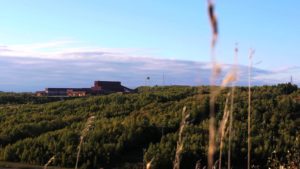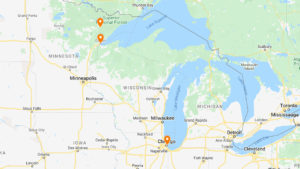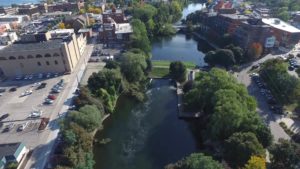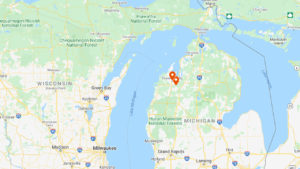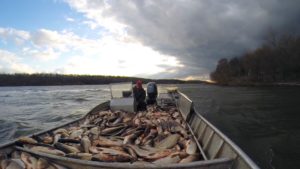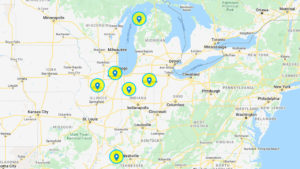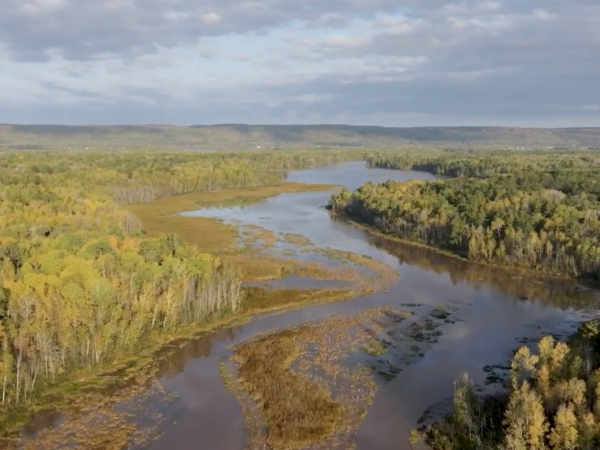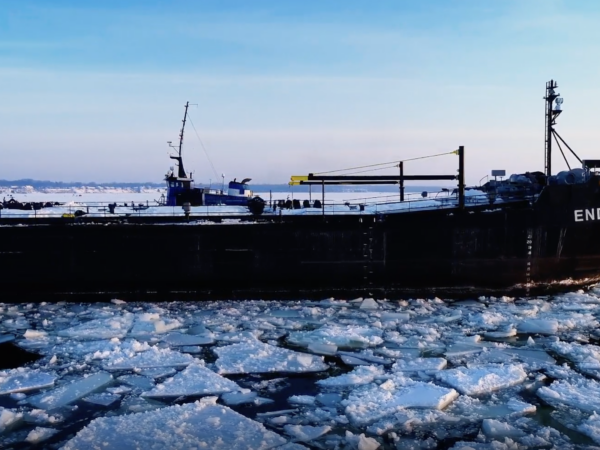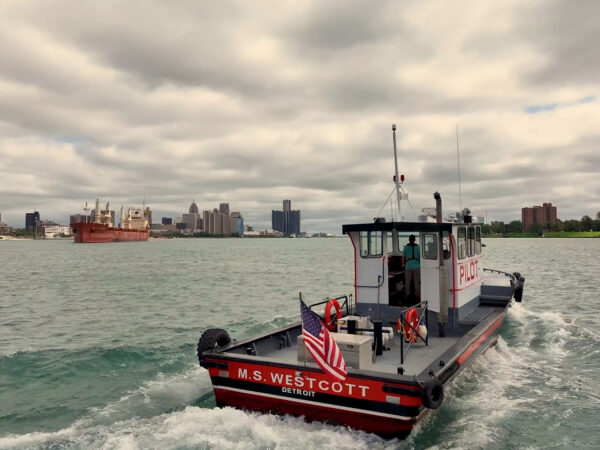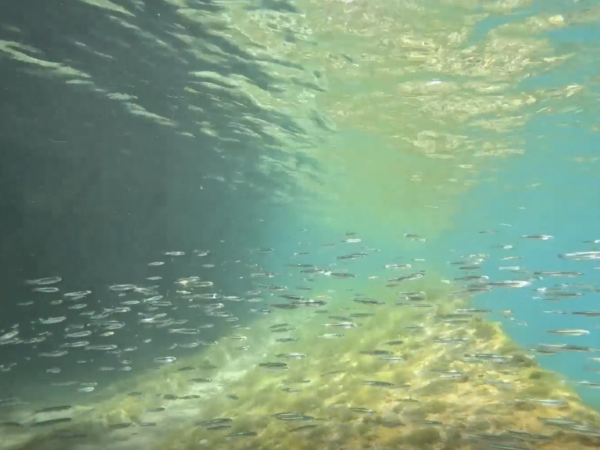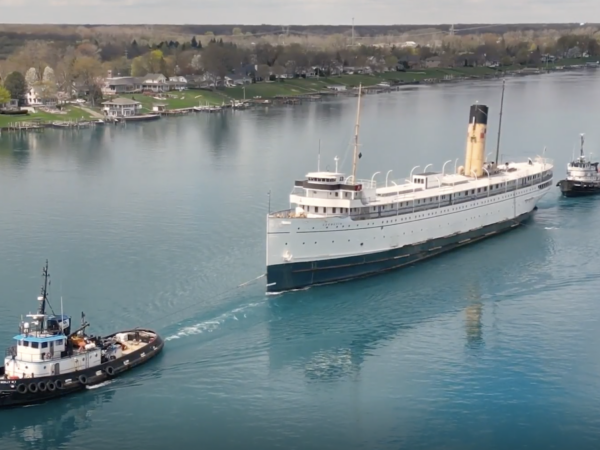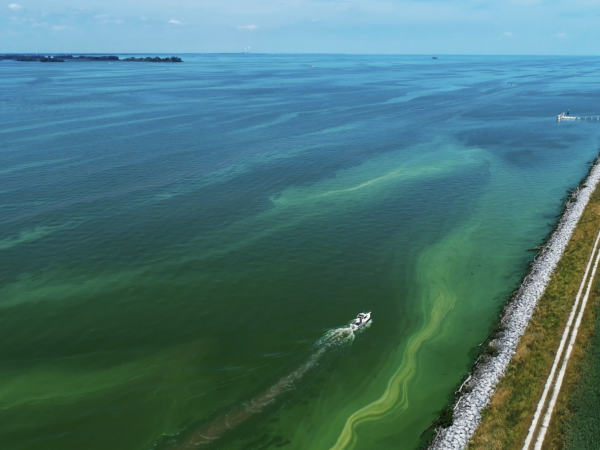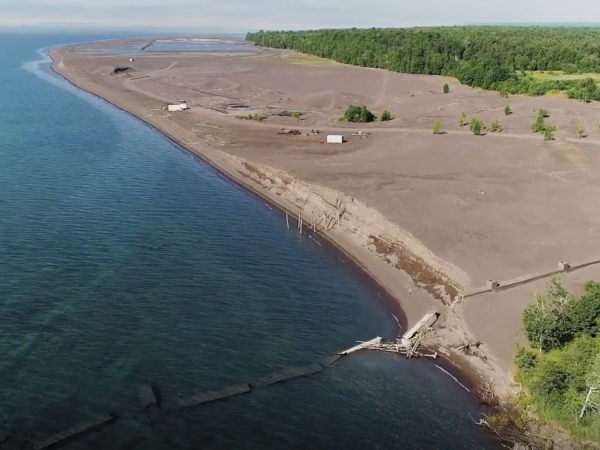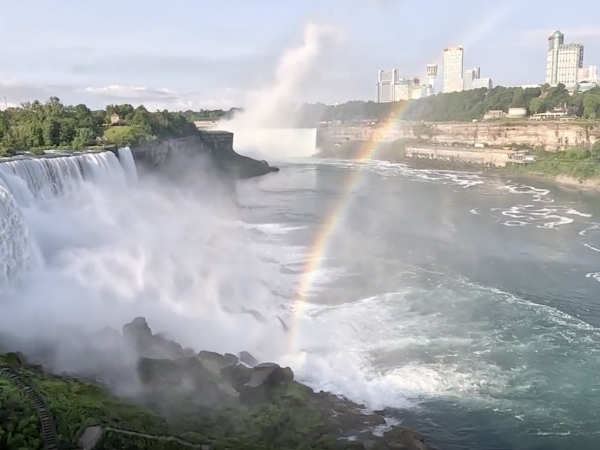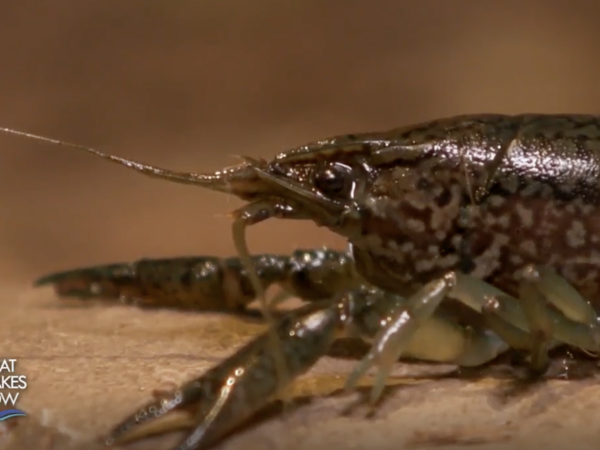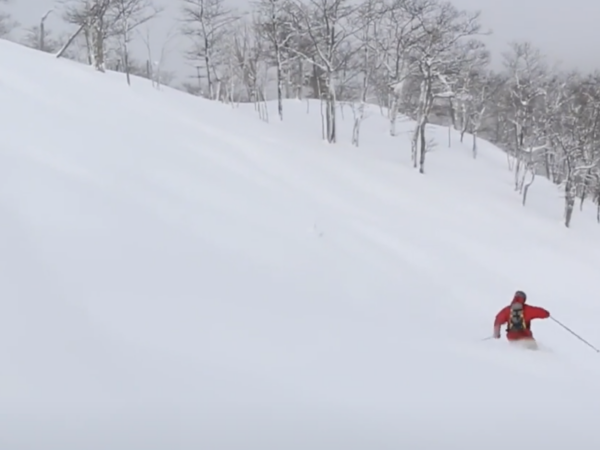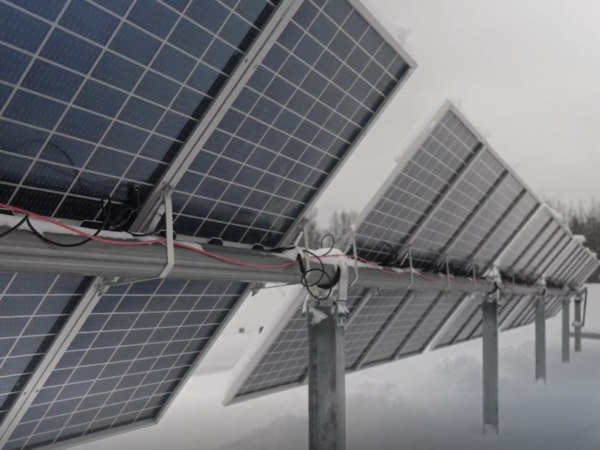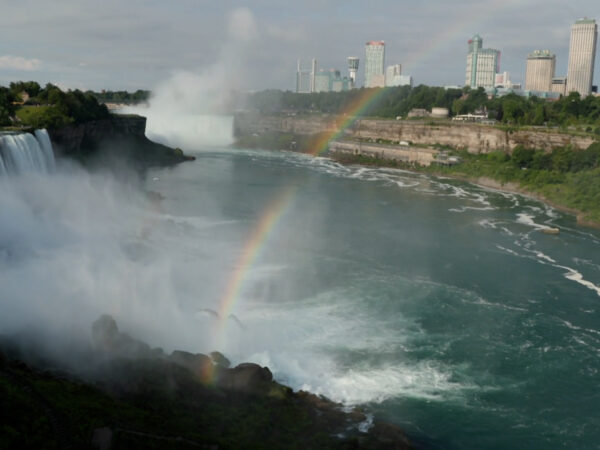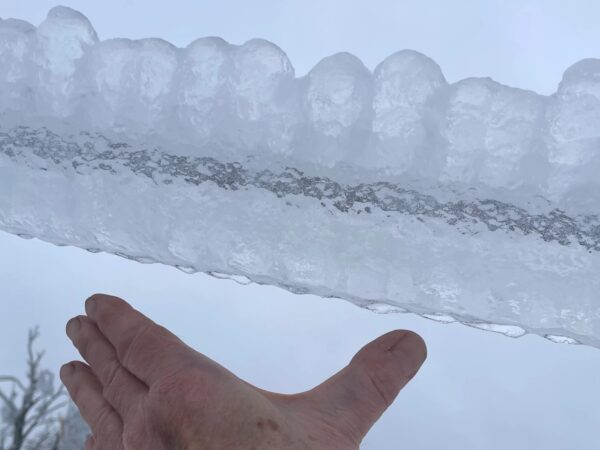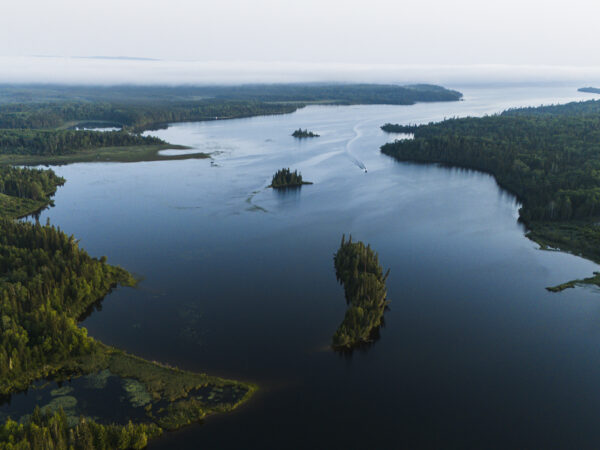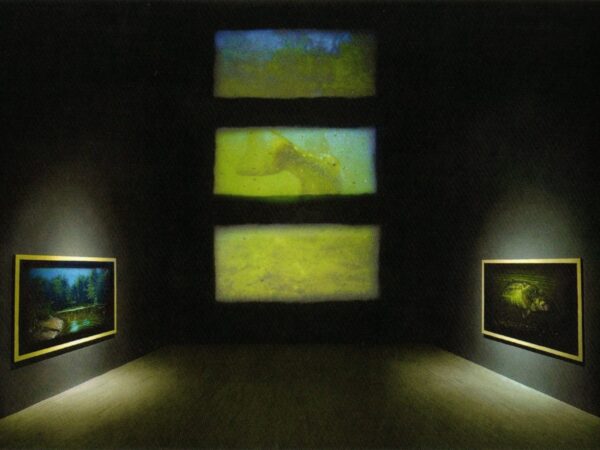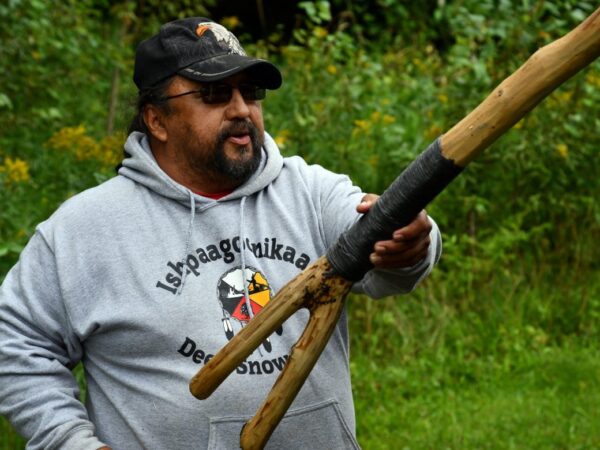The health of the Great Lakes is inextricably linked to the health of the rivers that feed them. In northern Minnesota, one river faces environmental threats from a proposed mine. In Michigan, a second river is unleashed when aging hydroelectric dams are removed. In Indiana, a third river is protected from invasive Asian carp, which have infested rivers further south.
WHERE WE TAKE YOU IN SEPTEMBER
Have a question about the Great Lakes or life in the region?
Ask Great Lakes Now, and if we can answer it, we might loop it into our coverage so others can learn too.
Submit Your QuestionPremiered on DPTV
Tuesday, September 29 at 7:30 PM
STATIONS CARRYING THE SERIES
DPTV
Detroit, Michigan
WEAO
Akron, Ohio
WNEO-TV
Alliance, Ohio
WCML-TV
Alpena, Michigan
WDCP-TV
Bad Axe, Michigan
BCTV
Bay County, Michigan
WBGU-TV
Bowling Green, Ohio
WNED-TV
Buffalo, New York
WCMV-TV
Cadillac, Michigan
WTTW-TV
Chicago, Illinois
WVIZ-TV
Cleveland, Ohio
WKAR-TV
East Lansing, Michigan
WQLN-TV
Erie, Pennsylvania
WCMZ-TV
Flint, Michigan
WGVU-TV
Grand Rapids, Michigan
WGVK-TV
Kalamazoo, Michigan
WNMU-TV
Marquette, Michigan
WMVS-TV
Milwaukee, Wisconsin
WCMU-TV
Mount Pleasant Michigan
WNIT-TV
South Bend, Indiana
WCNY-TV
Syracuse, New York
WGTE-TV
Toledo, Ohio
WDCQ-TV
University Center, Michigan
WNPI-TV
Watertown, New York for Ontario signal
WPBS-TV
Watertown, New York for U.S. signal
Conflicted Over Copper
SEGMENT 1 | Duluth, Minnesota and Chicago, Illinois
Upstream of Duluth along the St. Louis River is the Mesabi Range — one of Minnesota’s legendary iron ranges. The region’s mining once employed thousands of people, but employment in mining has dwindled over the years.
Now, though, a proposed copper mine called NorthMet promises to revive a shuttered taconite mine and create jobs in a region that needs them. But opponents say the effort also poses threats to the environment.
Mine supporters say we need copper and other metals the mine will produce for products we all use every day. But will mine waste pollute the groundwater?
And is the mine’s tailings pond a disaster waiting to happen?
Lawsuits have the project on hold, and the issue will soon come before the state’s Supreme Court. If NorthMet moves forward, more new mines could follow.
This report was made possible in part by the Fund for Environmental Journalism of the Society of Environmental Journalists. SEJ credits The Hewlett Foundation, The Wilderness Society, The Pew Charitable Trust, and individual donors for supporting this project.
Here is Lorraine Boissoneault’s Great Lakes Now work in the “Conflicted Over Copper” series:
- Conflicted Over Copper: How the Mining Industry Developed Around Lake Superior
- Conflicted Over Copper: PolyMet copper-nickel mine has been trapped in litigation
- Conflicted Over Copper: Technological advances clash with environmental concerns in Twin Metals case
Twin Cities PBS explored what’s at stake in the Twin Metals project in a documentary. Watch it HERE.
Damming Decisions
SEGMENT 2 | Traverse City, Michigan
Four dams were built along the Boardman River in Northwest Michigan to generate hydroelectric power for Traverse City.
But by 2004 they were no longer economically viable. A decision was made to remove three of the dams and renovate the last one in downtown Traverse City.
Now the removal of the dams has changed the nature of the river and allowed native fish to return.
But as the river is being returned to its natural state, the challenge has been keeping invasive species out. The answer is a state-of-the-art research facility called Fish Pass that will use a collection of technologies to determine which fish can go through.
As the first project of its kind, Fish Pass is a decade-long effort that will begin this fall and is expected to serve as a model program for other programs across the world. Part of the project includes additional amenities at the Union Street Dam in downtown Traverse City, including a pedestrian bridge, rain gardens, kayak and canoe portages and special areas for educational programs.
Dam removal in the Pacific Northwest is covered in the PBS documentary series “The Age of Nature.” For more information about that series, click HERE.
“The Age of Nature” will air on PBS stations at 10 p.m. ET on Wednesdays, Oct. 14, 21 and 28, 2020.
Carp Advance
SEGMENT 3 | Kentucky Lake, Camden, Tennessee; Fort Wayne, Indiana, Brandon Road Lock & Dam, Illinois; Empire, Michigan
Since their introduction decades ago, invasive Asian carp have infested rivers and lakes around the United States.
They’ve been kept out of the Great Lakes — so far.
Some steps have been taken to protect the lakes system, but many believe that more effective policies — and more substantial barriers — are needed to keep the fish from spreading and to reduce the numbers where they’re already established.
This segment was produced in partnership with the National Wildlife Federation, which is exploring the issue of Asian carp in a documentary film.
Where are Asian carp in the Great Lakes Region? Learn more HERE in an earlier Great Lakes Now segment.
Can you tell the difference between the types of carp? Learn more in a previous Great Lakes Now video HERE.
Here is other Great Lakes Now work on Asian carp:
- State Struggle: Budget shortfalls stall Asian carp plan, put cleanups at risk
- Study links Asian carp with Mississippi River fish drop
- Asian carp caught in southwest Minnesota
- Divide: Federal agencies, advocates differ on Asian carp strategy
- Study: Asian carp could find plenty of food in the Great Lakes
- Book Club: New book about Asian carp chronicles history, future
In her “previous life” as a writer at Detroit’s Metro Times newspaper, GLN Program Director Sandra Svoboda once ate some Asian carp. Read about that HERE.
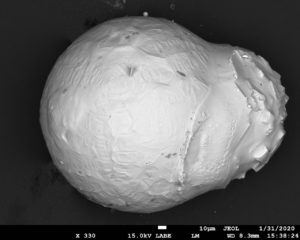
A probable ablation spherule micrometeorite that NASA scientist Marc Fries believes has a good chance of being from the 2017 meteorite fall. (Photo courtesy of Adler Planetarium)
Lake Michigan Meteorite – UPDATE
SEGMENT 4: Chicago, Illinois
In the “Finding Impacts” episode, produced in December 2019, Great Lakes Now reported about the search for a meteorite that crashed into Lake Michigan two years earlier.
The Adler Planetarium in Chicago launched The Aquarius Project, a teen-driven program with the ambitious goal of recovering meteorite fragments from the bottom of Lake Michigan. Scientists and researchers from NASA and Chicago’s Shedd Aquarium and Field Museum of Natural History got involved, and the teens designed, built, tested, and deployed the world’s first underwater meteorite recovery sled.
After a lot of analysis, the team members reported this month that they found something.
Read Great Lakes Now’s article about the discoveries:
One Old, One New: Teen project finds meteorite fragments in Lake Michigan
Here are more Great Lakes Now stories about meteorites:
- Click through this interactive timeline to learn more about meteorites that have fallen into the Great Lakes.
- Learn more about The Aquarius Project in this interview with Chris Bresky HERE.
Featured Articles
Digital Credits
The Great Lakes Now Series is produced by Rob Green and Sandra Svoboda.


